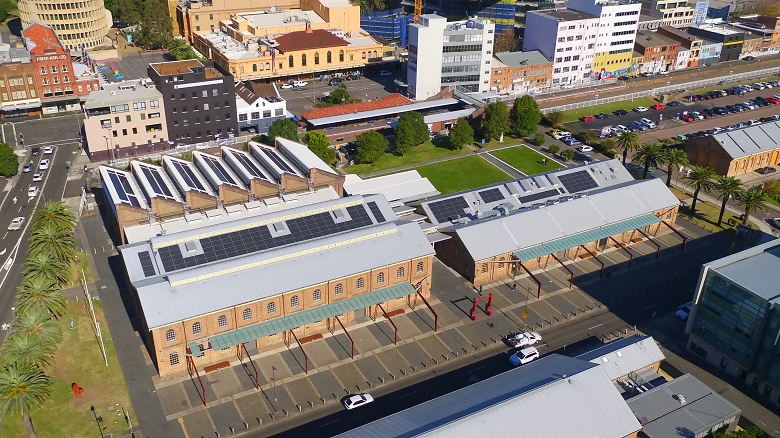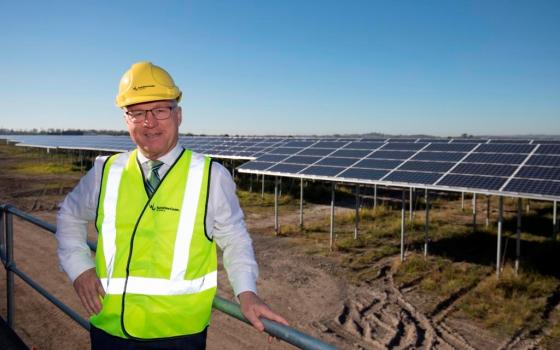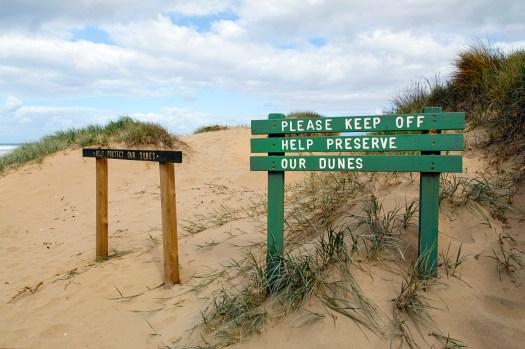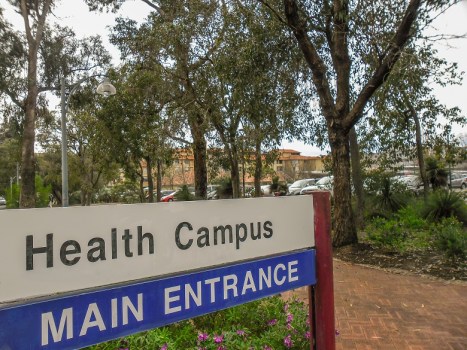
A council’s floating solar farm and a museum’s energy upgrade project are among local government climate change initiatives recognised in awards.
Since Newcastle Museum underwent an energy upgrade project, which saw new lighting and a 100kW solar panel installed, the cultural institution is saving thousands on power bills.
“Newcastle Museum, as a key cultural facility and tourist attraction, was a prime site for an energy efficient upgrade, which is helping the council save money on electricity bills, reducing ongoing operational costs for this heritage site,” says Newcastle Lord Mayor Nuatali Nelmes.
City of Newcastle has also undertaken energy-efficiency upgrades at social, cultural and recreational facilities, as well as council operational buildings.
“We’re also undertaking significant street lighting upgrades for energy savings powering towards council’s goal to have 30 per cent of its electricity generated from low-carbon sources by 2020,” said Ms Nelmes.
Last week the council’s efforts were recognised at the inaugural Cities Power Partner Summit Awards when it picked up the Energy Efficiency Achievement award for the Newcastle Museum project.
The awards were hosted by the Cities Power Partnership, which is an initiative to support local government efforts on climate change.
Alix Pearce, director of the Cities Power Partnership, said that the range of climate solutions coming out of Australia’s councils was staggering.
“The local climate solutions on display at these awards are tangible proof that Australian communities are rising up to meet the challenges of climate change,” she said.
“From supporting local schools to save thousands on their power bills through solar energy to developing Australia’s largest floating solar farm, Cities Power Partnership councils are leading the way with practical local climate solutions.”
The ACT Government, which won the Sustainable Transport Achievement award, said it was on track to meet its progressive targets of 100 per cent renewable energy by 2020 and zero net emissions by 2045.
“Implementing the ACT’s Transition to Zero Emissions Vehicles Action Plan 2018-21 will play an important part in continuing to meet these reduction targets and help to ensure Canberra remains a sustainable and liveable city,” said Shane Rattenbury, ACT Minister for Climate Change and Sustainability.
Mr Rattenbury said the awards underlined the action many cities and councils across Australia are taking on climate change.
“By joining forces and celebrating successes, councils are stepping up to meet the climate challenge in absence of ambitious national action,” he said.
The awards recognised work from local governments in the fields of renewable energy, energy efficiency, sustainable transport and community advocacy, as well as individual climate champion awards.
Award winners:
- Renewable Energy Achievement Award: Solar my School – Randwick, Waverley and Woollahra councils, NSW.
- Energy Efficiency Achievement: Newcastle Museum Energy upgrade – The City of Newcastle, NSW.
- Sustainable Transport Achievement Award: Transition to Zero Emissions Vehicles Action Plan 2018-21 – ACT Government.
- Community Engagement Achievement Award: Floating solar farm – Lismore City Council, NSW.
- Knowledge Sharing Award: South East NSW Councils buddy group, NSW.
- CPP Ambassador Award: Ken Keith, Mayor, Parkes Shire Council, NSW.
Last month a report from the Climate Council argued that local governments could tackle transport pollution, through low emissions fleets and better cycling and walking infrastructure.
Comment below to have your say on this story.
If you have a news story or tip-off, get in touch at editorial@governmentnews.com.au.
Sign up to the Government News newsletter.




